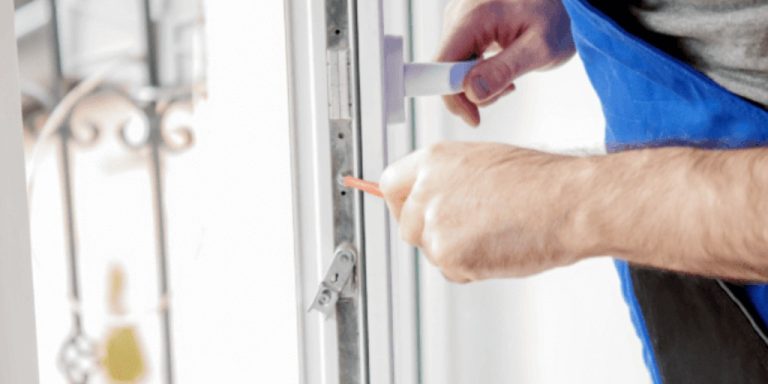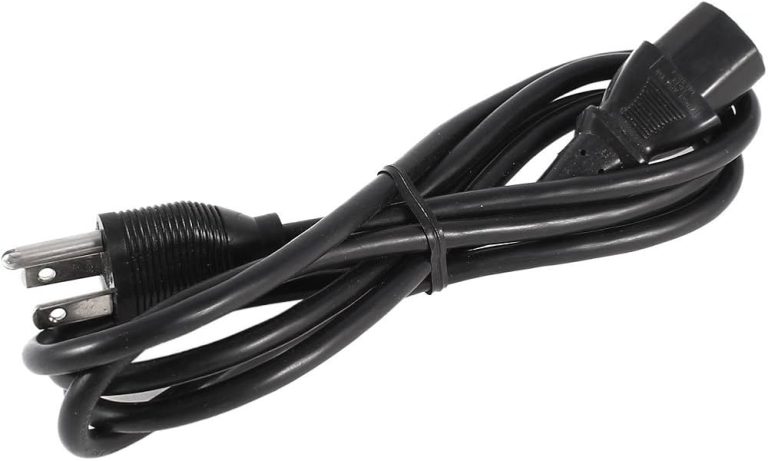Phone calls have become an essential way of doing business since phones were first popularized decades ago. Nowadays, approximately 97% of Americans own their own mobile phone, making phone etiquette more important than ever before.
But the reality is that phone call etiquette for business calls isn’t something that’s taught to most employees or business owners. It can be hard to understand what a professional demeanor when communicating actually means.
We’re going to explain what exactly this phrase refers to. Then, we’re going to detail some key examples of how your company can improve your call scripts in the future.
What Does the Term Phone Call Etiquette Mean?
To properly understand the phrase phone call etiquette, we need to dissect it. We’re talking for starters about any conversation that’s held over a phone call.
In 2021, that isn’t just referring to mobile phone calls though. We’re also referring to the way businesses communicate on video calls to each other.
This type of etiquette has been particularly important in recent years thanks to a spike in remote working.
But in reality, it’s the latter part of this phrase that’s most important, the term etiquette. Etiquette isn’t a word that’s used very often in day-to-day conversations today, and it can be a challenging one to describe.
Put simply, etiquette is a customary way of communicating polite behavior to another person.
If you open the door for someone or hold the elevator open so they can get in, that’s an example of good social etiquette.
Phone call etiquette, therefore, is a way of communicating professionally and politely during phone calls.
But how exactly can businesses adopt a strong level of phone call etiquette today? There are in fact a number of strategies and approaches that companies can bear in mind.
Using Phone Call Scripts to Improve Phone Call Etiquette
One of the first, and arguably best ways, that you can improve how you handle phone calls is by creating a script. Scripts are used often in theater and film, but they also have several notable uses when applied to doing business.
By writing out a script, you can standardize the way all of your employees answer the phone. This is crucial for improving the workflow of initial contacts with potential customers.
You can quickly find out if someone is calling to make a complaint or to purchase a product. In this manner, you can then direct them to the right person within seconds.
But scripts can also be a way of improving your overall etiquette.
They can be tailored to your specific business types, such as scripts for a law firm, or scripts for insurance cold callers. By creating a script ahead of time, you can guarantee your callers have the right tone and topic before they start speaking.
It’s a proven way of narrowing down your business language before you start, which is in itself an important part of etiquette.
What Business Language is Most Appropriate to Use on Phone Calls?
Business language is a tricky area when relating to etiquette. You’ve likely experienced a scenario where someone has tried to aggressively sell you something.
This likely made you uncomfortable and is an example of poor etiquette. This becomes particularly important for cold callers or people who don’t have an initial report with a customer before talking to them.
It’s important to narrow down in your script the right level of business language before you take a call. Figure out who is calling, and what the purpose of your call actually is.
Different people will respond to phone calls in different ways. Fellow businesspeople, for instance, will likely appreciate it if you’re getting straight to the point.
But a potential supplier will want to build a relationship with you and may find it rude if you go too far into the business language too quickly.
A good trick to remember is to assess who you’re talking to as early as possible. Then, you can adapt your phone call style to the right level of etiquette.
General Phone Etiquette Tips to Bear in Mind
Finally, there are some general phone etiquette rules to bear in mind. For starters, you must always introduce yourself when answering or initiating a call.
If you work for a company, you should also state the name of your company. This starts calls off on the right foot, as the receiver knows exactly who they are talking to, and can start to figure out why.
If you do need to transfer anyone to someone else in your company, make sure to ask if this is okay first. The last thing people want to do is hear an answer machine tune without being warned beforehand.
This is incredibly rude, and will likely lead to people putting down the phone and your company losing a sale.
Remember also that phone calls are always at least a two-way deal. You should say what you need to say, but make sure to listen and react to the person on the other end of the line.
This is where relying too much on a script can handicap you. Take it slow, relate to the person you’re talking to, and you’ll come across far more professionally than if you ignore what they’re trying to say.
Remember that you’re always talking to another person at the end of the line. Think about how you like to be spoken to on the phone, and make sure you’re always emulating that approach wherever possible.
Where Can I Find Out More About Phone Call Etiquette?
You should now know what phone call etiquette is, and some essential tips to bear in mind. Make sure to write up a strong business language script, as this can be a helpful first step to improving your demeanor on calls.
If you’d like to read more about business communication or other small business matters, make sure to take a look through some previous posts on our website.















